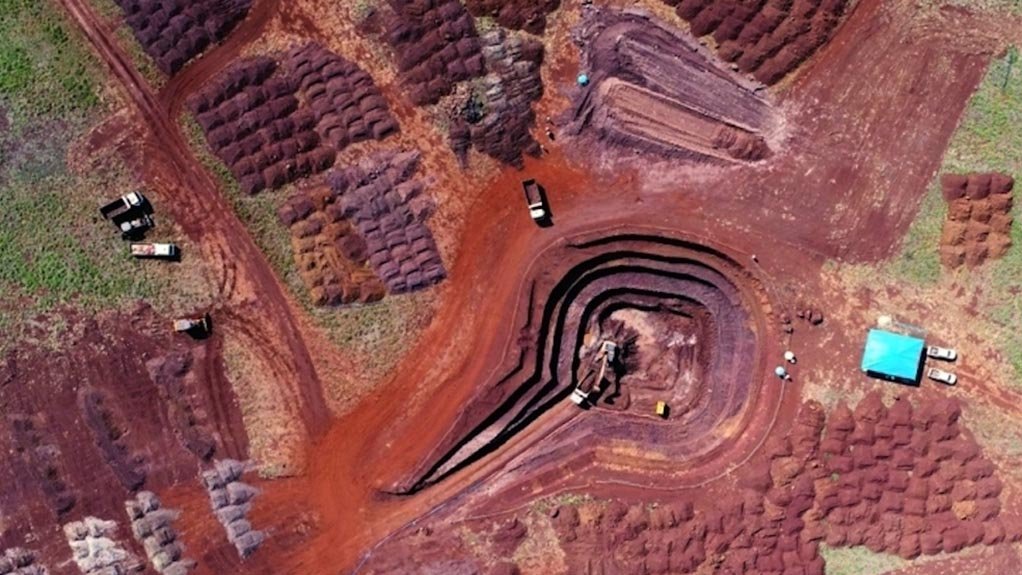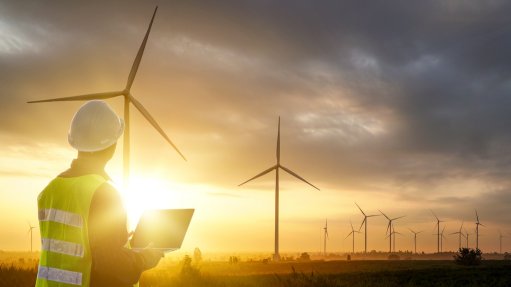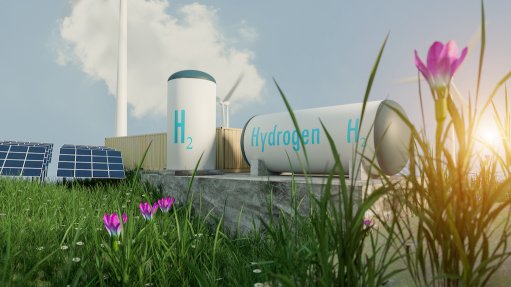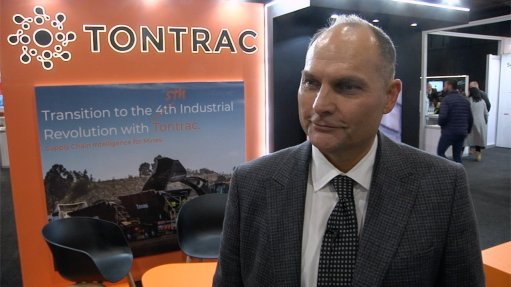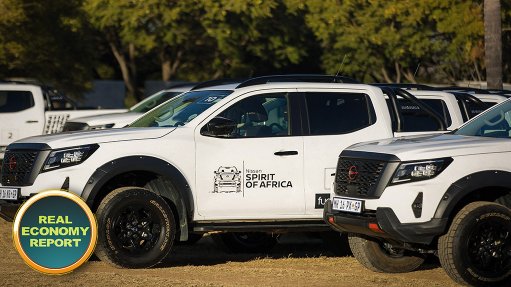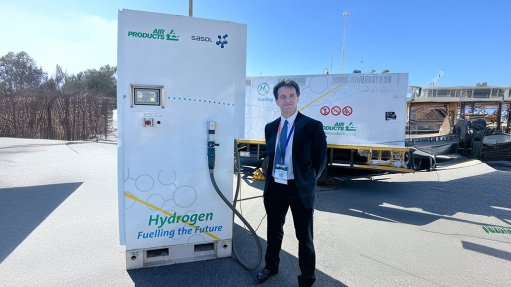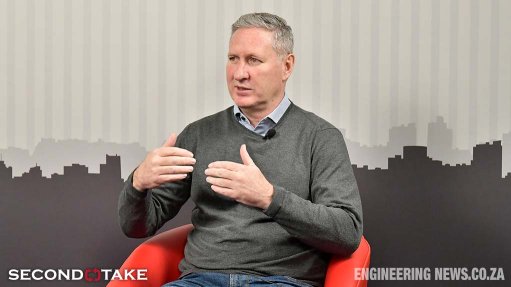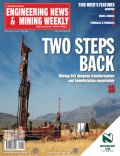Battery-metal price plunge closing mines, stalling deals
A meltdown in some of the most-hyped energy-transition metals is wreaking havoc across the mining world, stalling projects, scuppering deals and triggering a scramble for cash that promises to reverberate through the industry for years.
Lithium — the ultra-light metal used in electric-vehicle (EV) batteries — has plunged more than 80% from a late-2022 record, as the market whiplashed from shortage fears to a mountain of surplus inventories. Nickel and cobalt have also tumbled, weighed down by an influx of new production amid concerns that the shift to EVs may not be as smooth and quick as predicted.
It’s a dramatic reversal from the ebullience of recent years that sent prices soaring and sparked a rush by some of the auto industry’s biggest players to secure future supply. Now, several carmakers are getting cold feet and abandoning deal discussions, according to mining investment bankers and industry executives. The low prices are making it harder for mine builders to raise money from more traditional sources as well, at a time when the industry is also grappling with rampant inflation driving up the cost to build new projects.
Chemaf Resources last year put itself up for sale after a slump in the cobalt price left it struggling to finish key projects in the Democratic Republic of Congo, and London-based Horizonte Mineral scaled back work on its Brazilian nickel mine as it searches for funds to complete construction, and announced an emergency $20-million financing late last year.
Junior producers have been particularly hard hit. Australia’s Core Lithium said this month it would halt mining operations at its Grants openpit mine until conditions improve, warning of a write-down, while nickel miner Panoramic Resources is suspending its flagship mine after entering voluntary administration late last year when it failed to find a buyer or partner.
The turmoil is likely to have long-term ramifications for supply, and stands in stark contrast to the growing emphasis by governments on securing future access to critical minerals.
Building new mines takes years and sometimes decades, and stalled projects can often be hard to restart. And while most crucial battery markets are now in surplus, shortages are already forecast towards the end of the decade as the greening of the economy accelerates.
In the case of lithium — a once-tiny commodity market that has been catapulted into the global spotlight due to its vital role in EV batteries — the extreme boom and bust of the last few years shows the difficulties in trying to forecast future supply-demand balances and prices, for both producers and their investors.
“There’s nothing magical about EV input markets like lithium and cobalt: when their prices collapse, projects and supply are cut — just like any other commodity market,” said Tom Price, head of commodities strategy at Liberum Capital. “Investors should wait to see evidence of this type of re-balancing among the world’s lithium and cobalt miners, before they think about buying exposure.”
Battery metals have been a bright spot for the mining industry in recent years. As the longer-term demand outlook for old stalwarts iron-ore and coal has dimmed, an explosive new demand story for materials ranging from copper to lithium presented an opportunity for growth as governments and manufacturers around the world rushed to secure future supplies.
They’ve also offered a chance for reinvention in an industry synonymous with pollution and environmental damage — the mining industry has sought to present itself as a solution to climate change, supplying the materials needed to break humanity’s addiction to fossil fuels.
Yet supply charged ahead as demand growth underwhelmed, and the result has been a price freefall.
Lithium has plunged to levels not seen since 2021, amid a growing supply glut that some analysts now expect to last until 2028. Cobalt has lost two-thirds of its value since a recent peak in 2022, with top-two supplier Glencore forced to build stockpiles of the metal. Nickel tumbled 45% last year, weighed down by a flood of low-cost supply from Indonesia, where new techniques to produce battery-grade material are threatening to completely upend the industry.
The price plunge has made it more difficult for companies seeking to sell mines or stakes. The auto industry had shown signs of becoming an importing source of funds, as companies such as Ford Motor and General Motors swooped to buy stakes in mines or sign deals to lock up future supply.
However, that trend is now stalling, according to bankers and executives who work in the space. Speaking privately, bankers say that multiple deals they were working on last year with automakers have failed, as the potential buyers start to take a view that the push for EVs will be slower than first expected and the need to secure materials is less urgent.
Comments
Press Office
Announcements
What's On
Subscribe to improve your user experience...
Option 1 (equivalent of R125 a month):
Receive a weekly copy of Creamer Media's Engineering News & Mining Weekly magazine
(print copy for those in South Africa and e-magazine for those outside of South Africa)
Receive daily email newsletters
Access to full search results
Access archive of magazine back copies
Access to Projects in Progress
Access to ONE Research Report of your choice in PDF format
Option 2 (equivalent of R375 a month):
All benefits from Option 1
PLUS
Access to Creamer Media's Research Channel Africa for ALL Research Reports, in PDF format, on various industrial and mining sectors
including Electricity; Water; Energy Transition; Hydrogen; Roads, Rail and Ports; Coal; Gold; Platinum; Battery Metals; etc.
Already a subscriber?
Forgotten your password?
Receive weekly copy of Creamer Media's Engineering News & Mining Weekly magazine (print copy for those in South Africa and e-magazine for those outside of South Africa)
➕
Recieve daily email newsletters
➕
Access to full search results
➕
Access archive of magazine back copies
➕
Access to Projects in Progress
➕
Access to ONE Research Report of your choice in PDF format
RESEARCH CHANNEL AFRICA
R4500 (equivalent of R375 a month)
SUBSCRIBEAll benefits from Option 1
➕
Access to Creamer Media's Research Channel Africa for ALL Research Reports on various industrial and mining sectors, in PDF format, including on:
Electricity
➕
Water
➕
Energy Transition
➕
Hydrogen
➕
Roads, Rail and Ports
➕
Coal
➕
Gold
➕
Platinum
➕
Battery Metals
➕
etc.
Receive all benefits from Option 1 or Option 2 delivered to numerous people at your company
➕
Multiple User names and Passwords for simultaneous log-ins
➕
Intranet integration access to all in your organisation



